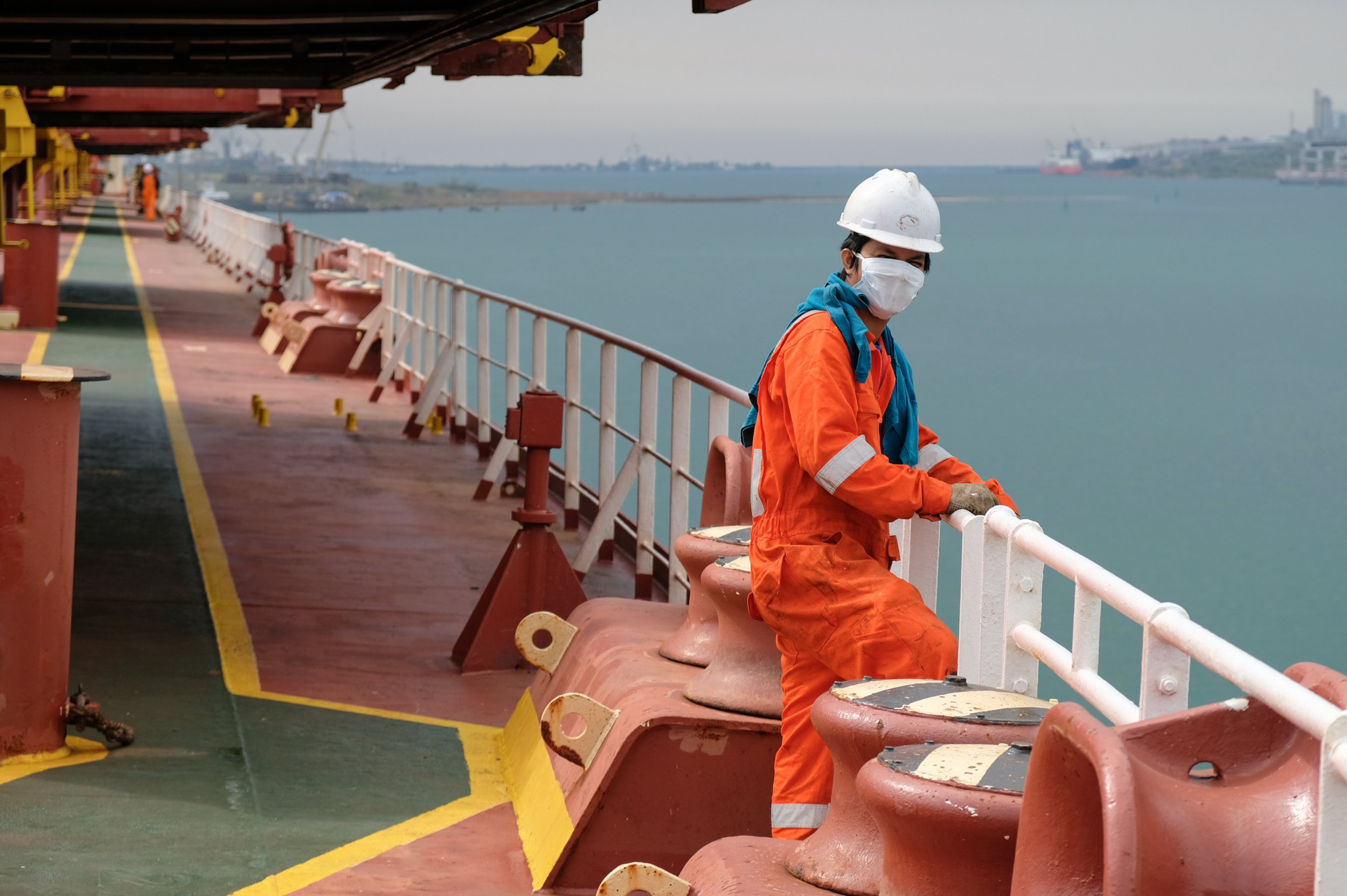Mental Health Challenges Among Seafarers
Mental health issues in seafarers have always been a significant concern, heightened notably by recent global events which have cast a brighter spotlight on the emotional and psychological struggles faced by those at sea. Crew members encounter a unique set of stressors including prolonged contract lengths, limited shore leave, financial uncertainties, and the relentless environment of confined spaces which can lead to strained interpersonal relationships, sleep disturbances, and low job satisfaction. These challenges are compounded by the isolation felt from being physically distant from loved ones and traditional support networks, making mental health support not just necessary but critical.
Isolation stands as a prominent driver of mental health issues, with many seafarers feeling detached from their support systems. Cultural and language barriers further complicate access to help and can delay early intervention, which is vital in preventing severe mental health crises including suicide—a disturbing reality that studies show up to 20% of crew members have contemplated.
Addressing these issues requires proactive measures both on ships and at the corporate level. Mental health screening has become essential, and maritime companies are urged to integrate these evaluations into their regular physical examination and risk assessment protocols to catch issues before they escalate. Conditions like depression and anxiety, often worsened by the demanding and isolating conditions at sea, necessitate comprehensive support systems.
The maritime industry must provide continuous access to mental health resources, utilizing telemedical services that include psychological professionals capable of offering support in various languages. These services ensure that both crew members and officers have ongoing access to essential mental health care, helping to identify and manage conditions onboard effectively.
Resources such as the International Seafarers’ Welfare and Assistance Network (ISWAN) and other support programs play a crucial role in improving social interactions and connectivity. Training for crew members on handling isolation, stress management, and mental health awareness is also critical. This is complemented by strategies like telephonic counseling, online interventions, and educational videos, which can significantly help seafarers manage stress and mitigate feelings of isolation.
By prioritizing mental health, instigating comprehensive support frameworks, and fostering an environment of open communication and regular check-ins, the shipping industry can safeguard the wellbeing of its seafarers. As this sector continues to face immense pressures, the mental health of its workers must be a priority to ensure not only the safety of the individuals but also the efficiency and security of the operations they conduct.
**If you or someone you know is contemplating suicide, please seek immediate help from a mental health professional or call the suicide prevention hotline at 988 to speak with someone who can provide guidance and support.

